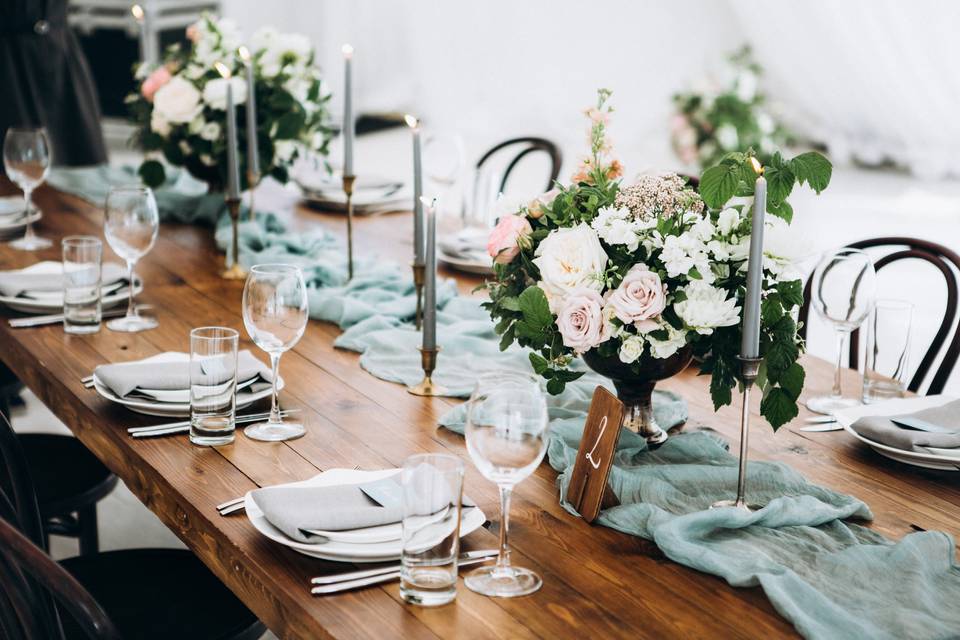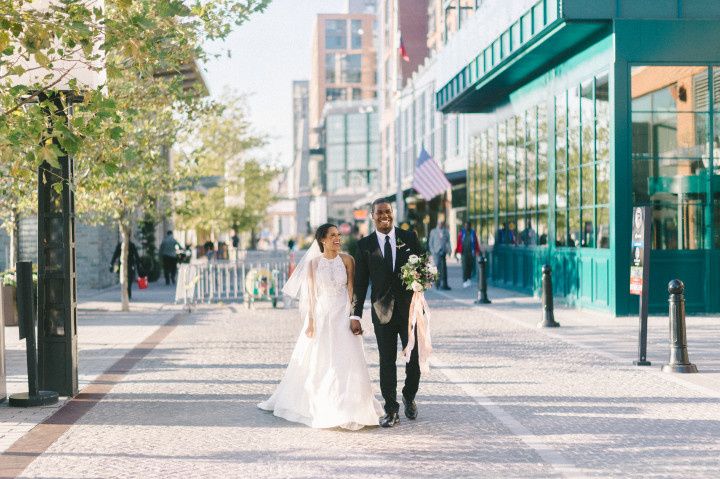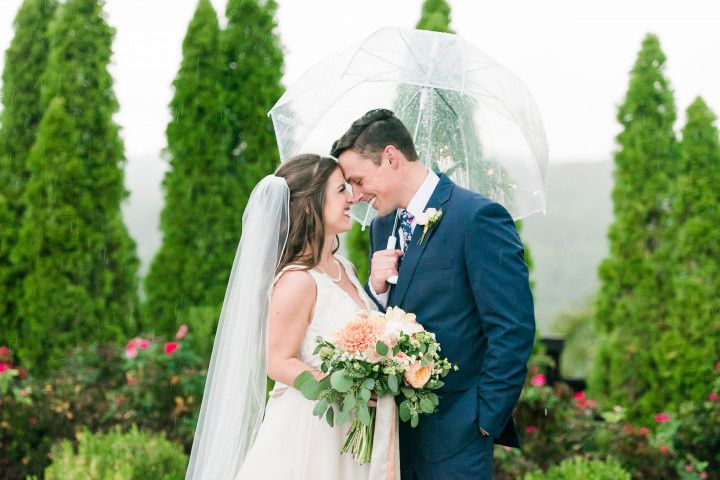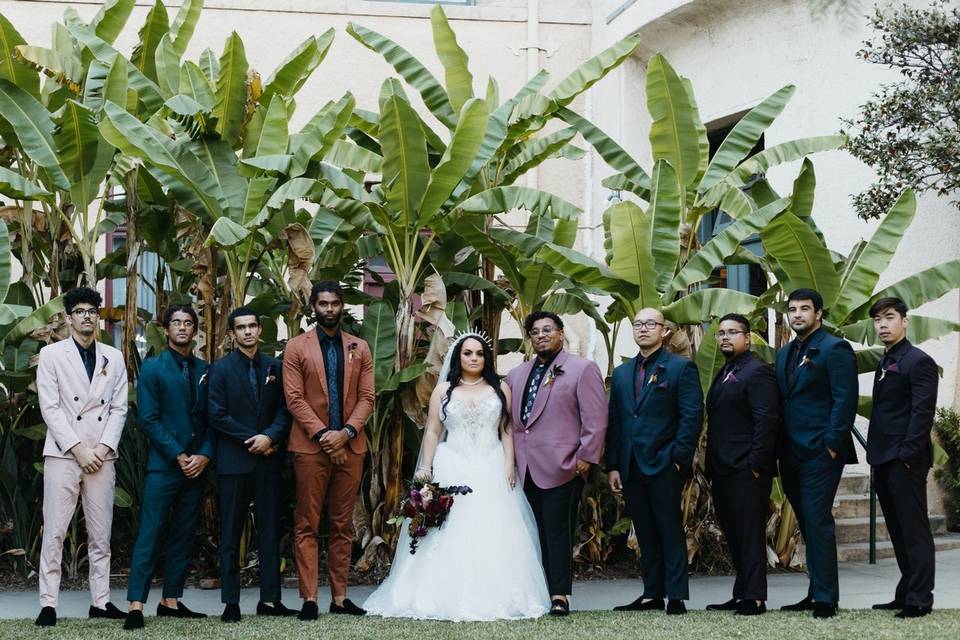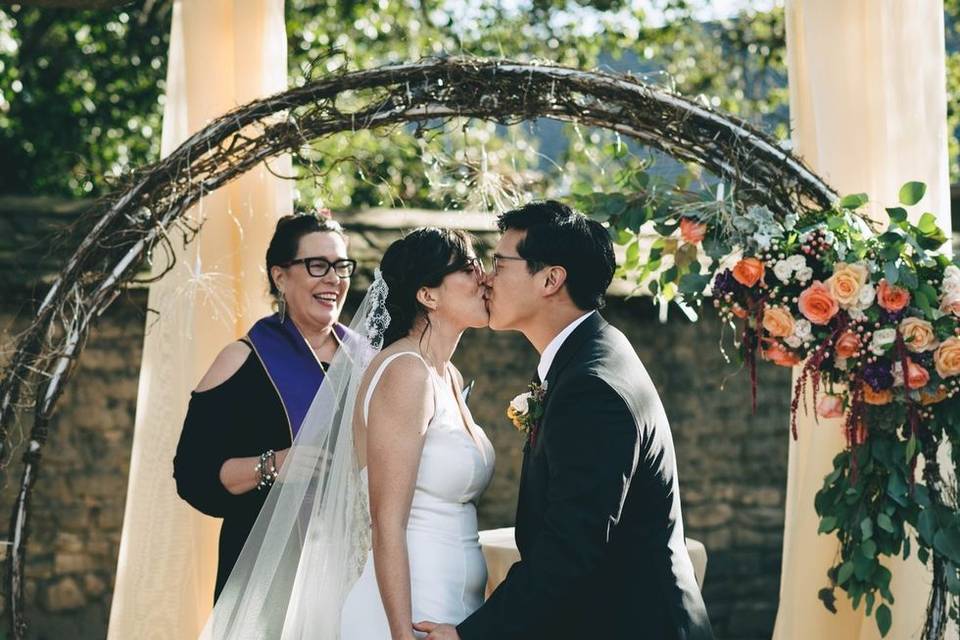What Wedding Insurance Means for You Amid COVID-19
How late is too late to buy wedding insurance? Here’s everything you need to know about buying insurance, depending on where you are in your planning.
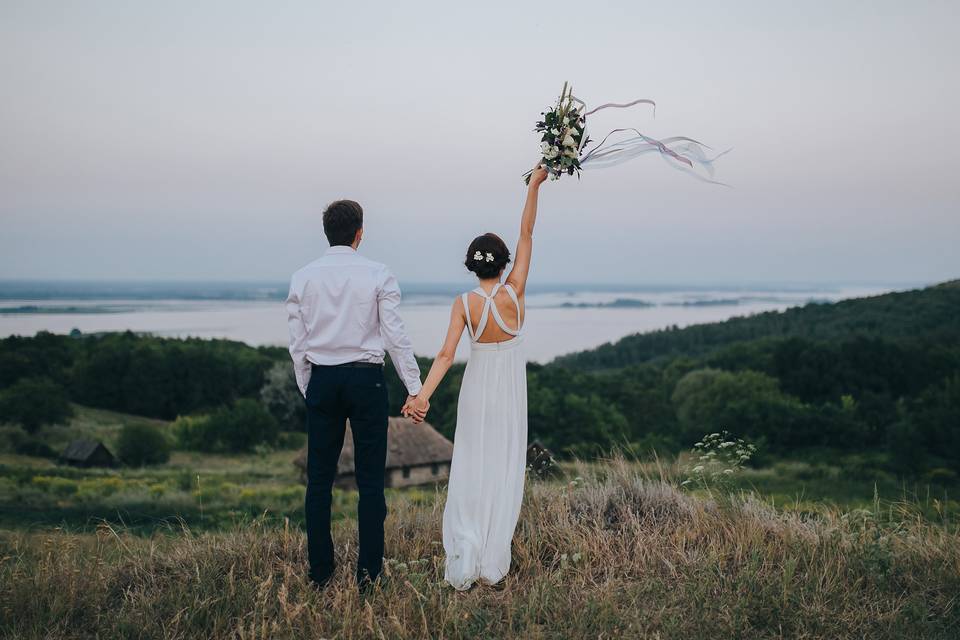

If you’re one of the hundreds of thousands of couples in the United States whose wedding is being affected by COVID-19, you’re understandably going through a difficult time. The coronavirus pandemic has brought the concept of wedding insurance to the forefront. Like all insurances, wedding insurance is put in place to help cover you in case something bad were to happen to your wedding—or because of your wedding, explains Jamie Chang, owner and destination wedding planner at Mango Muse Events in Los Altos, California.
If you bought wedding insurance before the coronavirus hit, you may be covered should you need to cancel or postpone. If you did not buy wedding insurance before COVID-19, it’s too late to be covered by the pandemic itself, however it’s not too late to buy insurance to protect yourself against other unforeseen losses. “No one has a crystal ball to predict the future but everyone has the option to buy insurance to be protected,” says David Berke, CEO of eWed Insurance, in New York City. “It makes sense to be prepared and the pandemic highlights the importance of that.”
But the potential for a pandemic is not the only reason to purchase wedding insurance. There are two different types: liability and cancellation. “Liability insurance is mainly meant for the venue and covers you if damage was done to the venue or someone gets hurt because of the wedding (e.g. scratches on walls, drunk guests, etc...), and cancellation insurance covers your investment if you had to postpone or cancel your wedding, if something is lost (like your dress) or a vendor goes out of business (and takes your money),” explains Chang.
It’s important to note that every policy is different, and it’s important to read the fine print to make sure you know what yours does and doesn’t cover. Additionally, you’ll want to make certain decisions in regards to your wedding insurance each step of the way during the planning process.
Here’s a guide to wedding insurance in the time of coronavirus.
Just Engaged
If you've recently gotten engaged, wedding insurance is unfortunately not going to be helpful for you at this point. You need a date, a venue and a real budget in order to know what you're getting insurance for, explains Chang. However, she does recommend looking into ring insurance. “Insuring your engagement ring will help to cover you in case your ring is lost or stolen,” she says. If you already have a homeowner's insurance policy, you may be able to get additional insurance through someone you already trust and have worked with in the past. During this time you can also start looking into options for wedding insurance, however, experts recommend against booking anything until your wedding day itself has been firmly booked.
One Year Away
If your wedding is a year out and you have a date and a venue, it’s time to start looking into wedding liability insurance. In fact, your wedding venue may even require this as part of your contract, so be sure to read it thoroughly before signing! If your venue does not provide insurance, book coverage separately ASAP. “The further in advance you get coverage, the more protected you are in the event anything changes,” explains Kate Reavey, owner of Chicago Vintage Weddings, in Chicago, Illinois. “Many insurance providers have been changing their coverage options in light of the pandemic, so getting insurance sooner rather than later helps you get the most agreeable terms before they are no longer offered.” No matter what type of insurance you’re getting or who you’re getting it from, always read the fine print carefully to make sure you know exactly what is and isn’t covered.
Months Away
If you haven’t already gotten liability coverage, this is a good time to do so. “This means that you are protected in the event of any damage, loss or injury,” explains Reavey. Cancellation insurance may be less helpful considering how close your wedding is as well as the fact that it won't help you if you get it with the knowledge that you will cancel. “Insurance is effective when it's preventative, as a just in case,” says Chang. “Remember, insurance companies don't want to pay, so if there is any doubt of a known event or your situation doesn't fit the coverage, you may be out of luck.” Bottom line: Make sure you read the fine print before you purchase.

